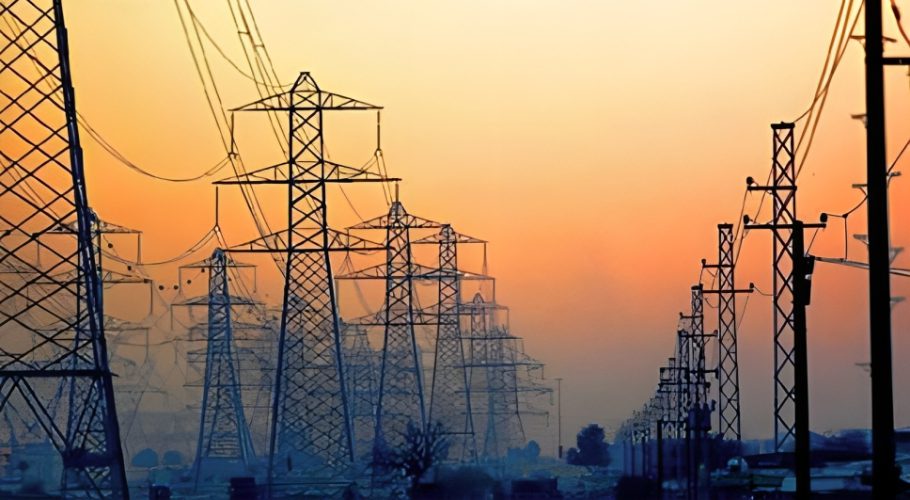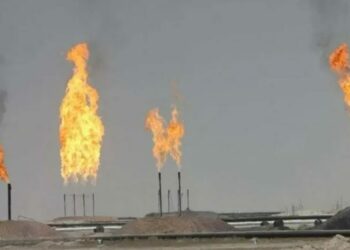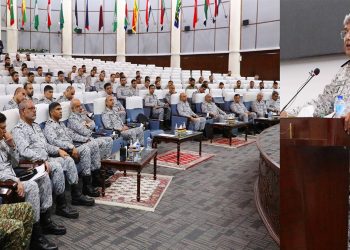ISLAMABAD: The International Monetary Fund (IMF) has reportedly approved a relief plan worth Rs15 billion aimed at giving financial relief to electricity consumers in Pakistan.
The global financial institution had earlier rejected the plan seeking a reduction in electricity rates. The government had approached the IMF and submitted a new plan on proposals regarding a decrease in prices.
According to the reports, the Federal Board of Revenue (FBR) played a pivotal role in securing this relief from the IMF. The tax authority has exceeded expectations by collecting Rs20 billion in excess taxes.
The relief package is expected to provide substantial benefits to consumers with up to 200 units of electricity consumption. Power consumers falling within this category can a reduction of from Rs 3 to Rs 4 per unit on their electricity bills.
There will be provisions for delayed payments so that consumers do not face penalties for late payments. The IMF set a condition that consumers exceeding 400 units of electricity consumption will not be eligible for this relief.
The final approval for deferred payments and the relief package will be granted by the federal cabinet. The relief in electricity bills will be applicable exclusively to bills for the month of August.
It is estimated that at least 64 percent of consumers using 200 units of electricity will benefit from the relief plan. The consumers falling in the category will not get the usual 10 percent payment penalty.
READ MORE: Electricity bills: Caretaker govt shares another plan with IMF for relief
The government has decided to utilize over Rs 15 billion allocated for the independent power producers (IPPs) to offer relief on the inflated electricity bills. The funds will be allocated for the IPPs after recovery of installments of bills.
The IMF’s decision to grant the relief of Rs15 billion – aimed at relieving the financial burden on electricity consumers – is a testament to the commendable performance of the FBR.
It underscores the efforts of key figures in the caretaker government, including Caretaker Prime Minister Anwarul Haq Kakar, Caretaker Finance Minister Dr Shamshad Akhtar, and Caretaker Energy Minister Muhammad Ali.

































